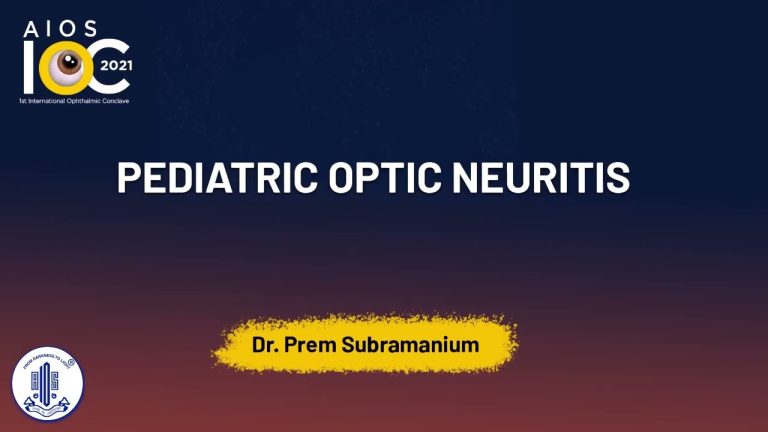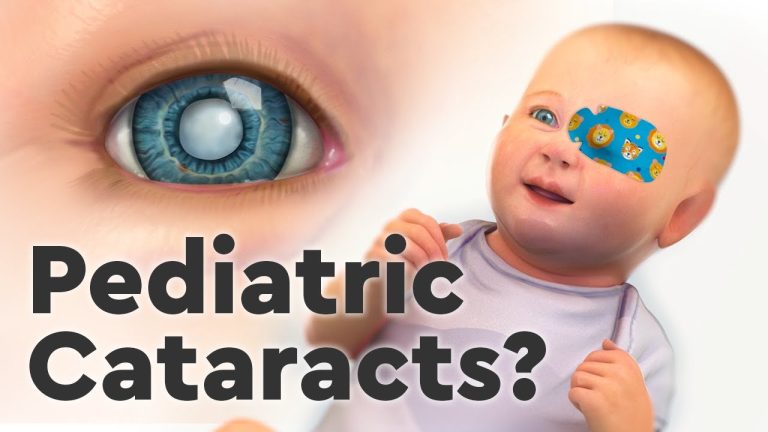Protecting Your Child’s Vision: Navigating ADHD Medications and Eye Care
As parents, we always want the best for our children. This includes their health and wellbeing, especially when it comes to their eyesight. In today’s world, where electronics and digital screens are an integral part of our lives, it is more important than ever to pay close attention to our children’s eye care.
However, there are other health concerns that parents must consider as well, such as Attention Deficit Hyperactivity Disorder (ADHD). ADHD is a common neurodevelopmental disorder that affects many children. It is typically treated with medications, but parents often wonder about the possible side effects of these drugs on their children’s eyesight.
The Importance of Children’s Eye Care
Regular eye exams are crucial for children, especially in their early years. Many vision problems in children can go unnoticed, but early detection and treatment can prevent further damage later on. According to the American Optometric Association, children should have their first eye exam at 6 months of age, then at 3 years old, and again before starting the first grade. After that, a yearly exam is recommended.
One of the most common vision problems in children is myopia, also known as nearsightedness. Myopia has become increasingly prevalent in recent years, and studies have shown a link between screen time and the development of myopia. Therefore, it is important to limit the amount of time children spend in front of screens and encourage outdoor activities instead.
ADHD Medications and Eye Health
ADHD medications are designed to help children focus and manage their symptoms. However, parents often wonder about the potential side effects of these drugs on their children’s eyesight. One of the most common medications used to treat ADHD is methylphenidate (Ritalin). Studies have shown that Ritalin can cause eye problems such as dilated pupils, dry eyes, and blurred vision.
Another medication commonly used to treat ADHD is Adderall, which contains both amphetamine and dextroamphetamine. Adderall can also cause eye problems such as blurred vision and dry eyes. In rare cases, it can even lead to more severe eye issues such as glaucoma.
What Can Parents Do?
While it’s important for children with ADHD to receive proper treatment, parents can take steps to minimize the potential side effects on their children’s eyesight. Here are some tips:
- Encourage outdoor activities and limit screen time.
- Make sure your child takes regular breaks when using electronics.
- Discuss any concerns with your child’s doctor.
- Consider alternative treatments such as behavioral therapy or natural supplements.
It’s important to remember that every child is unique and may react differently to ADHD medications. As parents, it’s our responsibility to monitor our children’s health and wellbeing, including their eye care. By staying vigilant and taking steps to protect our children’s vision, we can help them grow up healthy and happy.
Most wanted in Hoya Vision:
What are prism eyeglass lenses?
Hoya Lens Engravings
What brand lenses does Costco use?
What does +0.25 mean on an eye test?
Do tinted glasses help with migraines?
Hoya Identification Chart
Should eyeglasses cover eyebrows?
What LED light is best for broken capillaries?
What is the difference between Ray Ban RB and Rx?
Does hyperopia worsen with age?
















